Most Popular Movies & TV Shows from Yugoslavia
You may filter the list of movies on this page for a more refined, personalized selection of movies.
Still not sure what to watch click the recommend buttun below to get a movie recommendation selected from all the movies on this list
Slumbering Concrete
Documentary series "Slumbering Concrete" erects its narrative around modern architecture in Croatia and regions of the former Yugoslavia - an area distinguished by large number of vacated and ruinous buildings from 20th century that are of immense architectural significance. The series is composed of 4 thematic chapters, of which the first is dedicated to architecture of tourism purposes, second to monuments and commemorative buildings, third to post-industrial and post-military landscapes and fourth to great ambitions of unfinished modernizations.
Hot Wind
Vruć vetar is one of the most popular Yugoslav TV series that aired in 1980. The show and movie cut from scenes of the show were popular in neighboring countries-also very popular in Czechoslovakia. Its main theme became very popular and enjoying a bit of a cult status. The story follows Shurda, a man in his 30s, who comes from a small town to Belgrade to get rich. However, as no job is good enough for him, he tries his luck in Germany, but this venture proves to be the same, so he returns to his native Yugoslavia.
The Bonfires of Kapela
Based on an eponymous novel by Veljko Kovačević. the series is focused on historical events and personalities from the uprisings in Gorski Kotar and the Croatian Littoral in the Second World War.
Restlessness
In order to save her marriage, Marija tries to erase from memory the trauma that she's been haunted by ever since youth. The shock she had suffered killed all the love she felt for Dinko. When she meets him again, now that he has become a hopeless drunkard, she feels lost even more.
The Big Town
This series, mostly humorous, yet epic in proportions, chronicles the city of Split in turbulent times between 1910 and 1947. Although the story has numerous subplots and dozens of different characters, the main accent is given to "Hajduk", world-famous soccer club and its founders.
Funeral Feast
The first days of war in Ljubljana. The young hero Niko experiences the bloody and violent transition from childhood to manhood. Based on the novel by Beno Zupancic.
Hotel Balkan
This series takes viewers on a journey in the 1930s, under the roof of the hotel, where the past and the present merge. The focus of the series is business of a prominent Banja Luka family, entangled in numerous intrigues.
Don't Meddle Into Fortune
Farcical comedy about an apartment which is shared by a couple of families plus their relations.
In the Registrar's Office
Based on the Ante Kovačić's novel "U registraturi" (In the Registrar's Office, 1888.) Tells the story of Ivica Kicmanovic – from his childhood to his eventual downfall caused by a femme fatale Laura. 9 episodes in total.
Once Upon a Time There Was a Country
This movie reflects the history of Yugoslavia since the beginning of WWII (and similar to all ex-communist countries) to the last horrible events in Balcanian countries. Behind the comedy is hidden the pain of whole generations, which have suffered WWII, The Cold War, the war in Yugoslavia, the communism, the treachery of their own leadership, the fall. The film shows us the reality, as seen by those who feel unlimited love for their country and culture. Marko and Blacky represent the true leaders of the country, the soul of the nation and not without controversies. Once Upon A Time There Was A Country is an extended TV version of Emir Kusturica's Palme d'Or winning Underground.
The Weight of Chains 2
'The Weight of Chains 2' is a documentary film largely dealing with the effects of the Washington Consensus economic doctrine on the newly established former Yugoslav republics, but also with neoliberalism as an economic concept. Through interviews with Noam Chomsky, Oliver Stone and many others, the author, Serbian-Canadian Boris Malagurski, attempts to analyze why so many people in the Balkans are disappointed with the systems imposed after the fall of socialism and how capitalism could be improved. Looking at the examples of Ecuador and Iceland, the film tries to uncover alternatives to the prevailing orthodoxies of Western economic dictates and help developing nations find their own way to shape their economies and their countries.
The Balkan Mass-Media Sciences
An eminent communist wants to make his son a respected person so he could live without much trouble. He fails to accomplish that due to his son's different vision of success.
Return of the Written Off
In Summer of 1944 Prle and Tihi, young yet veteran resistance fighters, together with Joca, old and moody radio-operator, are sent by Partisans to Belgrade, the Yugoslav capital still under Nazi occupation. As victorious Partisan forces approach, Prle, Tihi and Joca must continue their underground work in order to prepare the city for liberation.
Grey Home
A moving story about the residents of correctional facility, rejected by parents and environment. Going through a strict regimen of life in the home, they are constantly trying to reverse the fate in their favor. Although they were given a chance to change, their actions always return to the beginning. Constantly on the border between personal whims and once-in-a-lifetime opportunity to become humans, they remain as wolves who find hard to change their mood. What finally remains is a perpetual dilemma whether their fate is innate, or is it forced by the communities in which they grew up...
Premeditated Murder
Men, women, and war. Jelena Panic is a young woman in Belgrade in the early 1990s, during Serbia's war with Croatia; she's making a book of her grandmother's diaries from the end of World War II. She takes up with Bogdan, a young soldier recovering from war wounds. He helps her with her grandmother's story, a tragic triangle involving her effete and well-educated husband and an uneducated major, a Chekist who has, perhaps, the power to save a political prisoner who is the grandmother's friend. As Jelena wonders which man was her grandfather (the Chekist or the husband), Bogdan recovers from his wounds and must decide whether to return to the front. Jelena pleads; duty calls.
Where the Wild Boars Go
It happens around Zagreb in 1941-1943, during World War II. Two groups of smugglers led by Crni Rok and Veriga, fight for supremacy on the black market. They also have to deal with the Germans, Ustashas, the police and communist illegals.
Kekec's Tricks
A story of the witty boy Kekec, his friends and their adventures in the mountains of Slovenia during the summer.
Black-and-White World
This show is about a time in former Yugoslavia, mostly City of Zagreb at the end of 70' and beginning of 80'. In a dramatic and humorous way it tries to describe a life of this great Yugoslavian era through 3 Generations of people. It's a story of love, family problems with a lot of influence of the Urban Culture and Music scene in Yugoslavia. A time of great music in Yugoslavia such as Rock and New Wave but also somewhat turbulent time right after Tito died.
Our Little Town
A life in a small coastal town in Dalmatia, Croatia, seen through the prism of the local chronicler-amateur and his writings, during the periods before and after WW2.
Liberation: The Last Assault
In Berlin, Lieutenant Yartsev's infantry and Tzvetaev's battery fight their way in the U-Bahn. Captain Neustroev's company is selected to hoist the Victory Banner atop the Reichstag.
Lev Yashin. The Dream Goalkeeper
An ordinary working class boy, like all his peers, he played football day and night and dreamed of being a striker. But no matter which team he played for - in the yard, at the factory, or in the army - he was inevitably put in goal.
Liberation: The Fire Bulge
The "Fiery Arc" tells of a grandiose battle on the Kursk Bulge in the summer of 1943. Here was the largest tank battle in the history of World War II. Along with the personal fate of the heroes, the film shows battle scenes, the activities of headquarters and intelligence, those who worked at the front and in the rear.
Thou Shalt Not Kill
At the end of World War II, a French pacifist is arrested for refusing to fight. In prison, he befriends a German priest arrested for murder of a French Resistance fighter. They discuss morality, obedience, and religion.
Liberation: The Break Through
A grandiose military film epic, which does not know analogues in world cinema: the history of the Great Patriotic War from the Battle of the Kursk Bulge to the installation of the Banner of Victory over the Reichstag - "Liberation".
Liberation: Direction of the Main Blow
This five part epic war drama gives a dramatized detailed account of Soviet Union's war against Nazi Germany during world war two. Each of the five parts represents a separate major eastern front campaign.
Hi-Fi
Through fragments of the life of Boris and his son Matej, the film is about the conflict of generations, the gap created by the ideological coloration that one has and the other does not have. Political prisoner Boris, after spending several years in prison, returns home. After the divorce with his wife, in his apartment now live his son Matej, a grown man who is trying to earn his living as a musician, his girlfriend Mira and a hitchhiker that Matej found on the road.
The Salt of the Earth
During the last forty years, the photographer Sebastião Salgado has been travelling through the continents, in the footsteps of an ever-changing humanity. He has witnessed the major events of our recent history: international conflicts, starvations and exodus… He is now embarking on the discovery of pristine territories, of the wild fauna and flora, of grandiose landscapes: a huge photographic project which is a tribute to the planet's beauty. Salgado's life and work are revealed to us by his son, Juliano, who went with him during his last journeys, and by Wim Wenders, a photographer himself.
Real Pests!
In Ljubljana lives a bus driver Stebe. He's a widower. He lives with five sons and a maid Rozi. The boys are very naughty and keep annoying Rozi and, in fact all neighbourhood. One day Rozi in desperation declares that she is leaving them, because she cant stand it no more. And she does leave, although she is fond of the boys. Soon afterwards Rozi's niece Meri comes by, asking if she might stay because she wants to find herself a job in town. Meri is good girl but cannot cope with the kitchen work as successfully as her aunt. But the whole Steb family seems to be charmed by her. Even one of Stebe's own colleagues, Tone, begins to take interest in the girl. Meri likes him too. Stebe's boys feel quite disappointed because of it. But all's well that ends well: in full conspiracy Meri qualifies as bus driver while Rozi returns to the Stebe family.
Pretty Village, Pretty Flame
In the opening stages of the Bosnian War, a small group of Serbian soldiers are trapped in a tunnel by a Muslim force.
Destination Death
A group of West German men on a stag party find themselves stranded in a Montenegrin village inhabited only by vengeful women since all their men were shot during the war.
White Gipsy
During the war a child who was left in a village was found by a group of Gypsies. The called the boy Tarun and soon he learned to respect Gypsies customs, learned how to survive, and how to earn for a living by weaving baskets. Other people called him White Gipsy.
Jasenovac: The Cruelest Death Camp of All Times
This film tells the story about the concentration camp run by Ustashas and was made on the 40th anniversary of the inmates' escape from the camp.
Migrations II
Screening of the synonymous Milos Crnjanski's poetic novel about the tragedy of Serbian people who scattered their energy and bones from Dnepr to Lotaringia during XVII and XIX century. The great Serbian migration topic is given through the military campaign of major Vuk Isakovic (Avtandil Makharadze) at the head of Slavonian-Danube regiment, from spring of 1744. to spring of the next year. The second topic follows tragic but passionate relationship between Vuk's younger brother and his wife, which ends with her long-lasting disease and death.
Artificial Paradise
Los Angeles in 1935. Fritz Lang receives in his hotel apartment the young film amateur Willy, who wants to prepare an interview with him. At a certain moment Lang starts relating how, as an army officer in the First World War, he spent some time in the house of the lawyer Karol Gatnik in a small town in the northeast of Slovenia. Lang makes friends with Gatnik and gets aquainted with all members of his family. When Lang finds out that Gatnik is a passionate film amateur and that he also possesses his own camera, they make a film together. This is probably Lang’s first contact with cinematography. Late at night Lang looks at the photographs in Los Angeles and revives in his spirit the imaginary meeting with his friend Gatnik.
Malambo
Chris, a young man from the country, dreams of a big career as an escape-artist. He wants to become famous like his idol, Harry Houdini. He meets Mischa, an expert in the art of living, who feels himself called upon to support Chris in attaining fame and an international career. Chris is very much attracted to Nada. Mischa's sister wants to break away from the Yugoslav workers' milieu. A spectacular performance is planned by Mischa and his friends to draw the medias' attention to Chris. Tied up in his strait-jacket, Chris wants to jump into the Danube and free himself under water. But neither newspaper journalists nor the TV turn up. Nevertheless Chris jumps into the water and frees himself. He wins Nada's love and restores his self-confidence. Malambo is a comedy, which portrays the dream world of an endearing community of friends, who are building 'castles of air' for themselves, in search for a better life.
Tit for Tat
Professor Herceg struggling with difficulties, it is not easy to determine how students conveyed knowledge, and even harder to avoid the hatred of the disciples, and sympathy for the students. Arrival of television in school, a poll about the new school, students' imaginations and similar conditions will not relieve his problem.
Liberation: Battle for Berlin
In this the fourth episode, “Battle of Berlin,” the Soviets start their assault on Berlin and Stalin negotiates with the other Allies.
We'll Go to the City
"Andremo in città" (We'll Go to the City) is a 1966 Italian drama film directed by Nelo Risi. It is based on the novel of the same name by Edith Bruck, Risi's wife. Bruck, a Hungarian concentration camp-survivor, settled in Italy after the Second World War and wrote about her experiences in autobiographical and fictional formats.[1] The film stars Geraldine Chaplin and Nino Castelnuovo.
Dear Video
Dear Video is a black epistolary comedy which stars some of the finest actors from the former Yugoslavia. The film is constructed around the video 'correspondence' between two branches of a family, one living in Germany and pursuing 'modern' life and the other one living in a little village in Yugoslavia clinging to tradition. Through the home video 'letters' sent back and forth, petty jealousies, love liaisons and financial squabbles drive the family to the brink of war, a situation that reflects the collapsing state of affairs in what was then Yugoslavia.
Train in the Snow
One class of school children from a small village make the trip to Zagreb. One of the boys gets sick and the class is forced to go home. During their journey the train gets stuck in a snowstorm.
The 25th Hour
A Romanian peasant fights to get back to his family after he's imprisoned by the Nazis.The picture is based on real events. It includes Hungary's government in collaboration with the Nazis, the encroachment of Romania by Stalin's troopers, and other happenings.
Marshal Tito's Spirit
Stipan is a policeman who comes to small Adriatic island off the Croatian coast in order to investigate reported strange phenomena that had frightened the whole population. At first, nobody wants to co-operate with him, but he finally finds that the island is being allegedly haunted by the ghost of Josip Broz Tito, Communist leader of former Yugoslavia. For Luka, the mayor, this is the opportunity to turn entire island into Tito-themed amusement park. Tito's WW2 veterans, on the other hand, don't believe in ghosts; for them, the apparition is actually Tito himself, who had returned in order to lead them into a new revolution which would restore Communism. Written by Anonymous
The Hornet
A love story between a Serbian girl and young Albanian set against the background of current Balkanic conflict.






















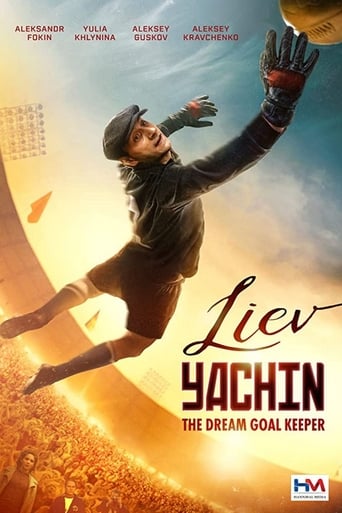



















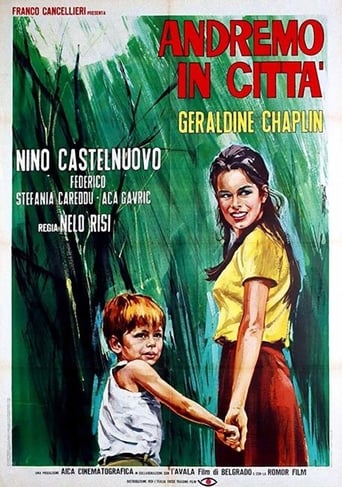







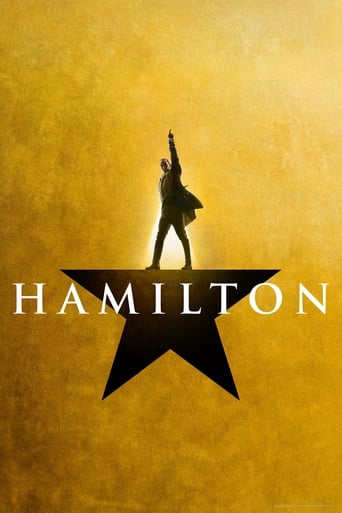
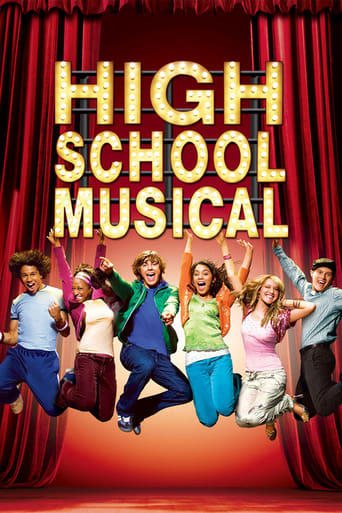
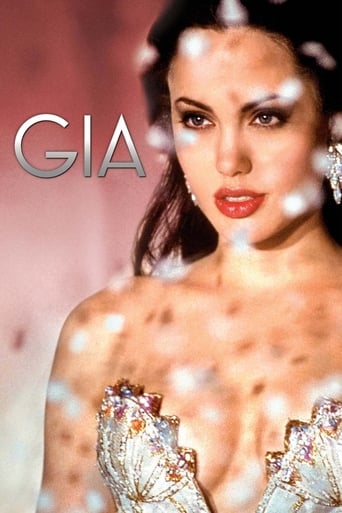
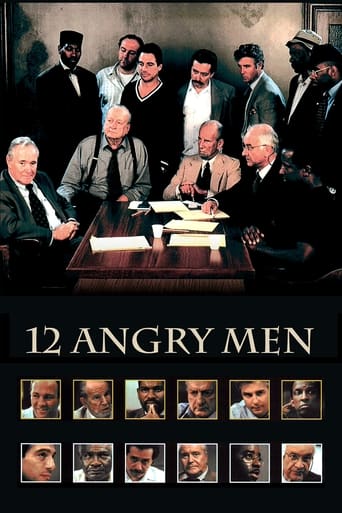
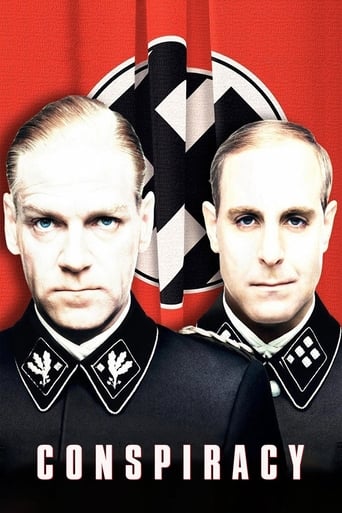

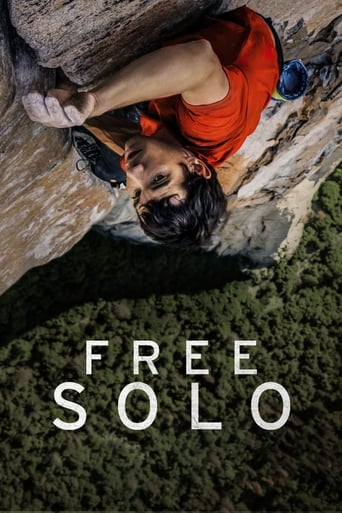

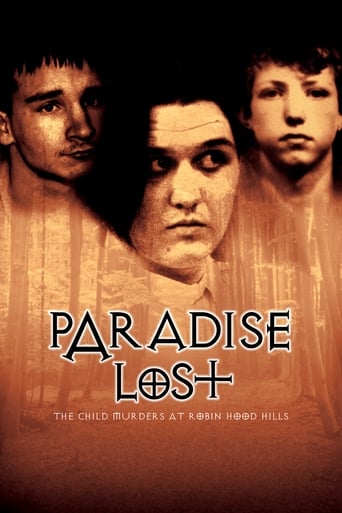
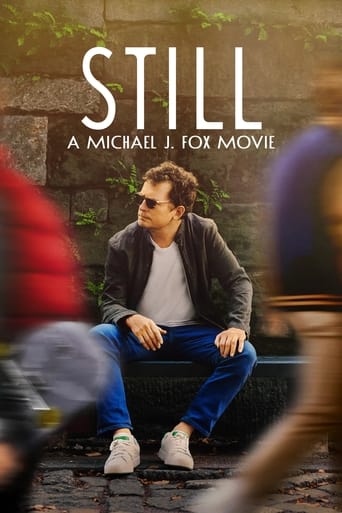
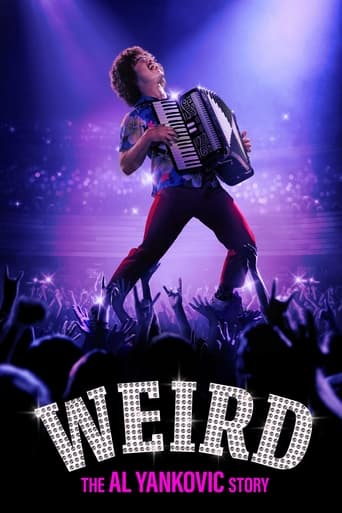


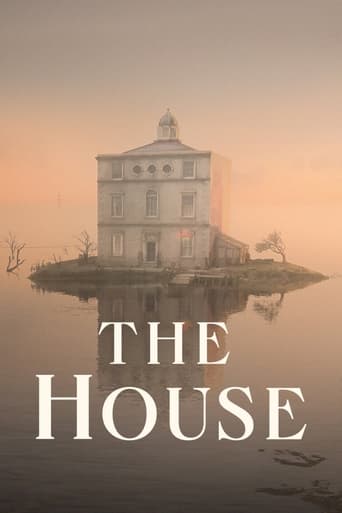
This is a list of the most popular movies & tv shows from the Yugoslavia. On this top list of Yugoslavia movies are films such as, Slumbering Concrete, Hot Wind, The Bonfires of Kapela, Restlessness, The Big Town, Funeral Feast, Hotel Balkan, Don't Meddle Into Fortune, In the Registrar's Office, among many other enticing movies about Yugoslavia.What would you say are among the best Yugoslavia movies of all time. And how many of these popular films have you seen before.